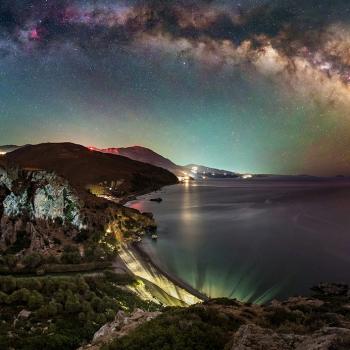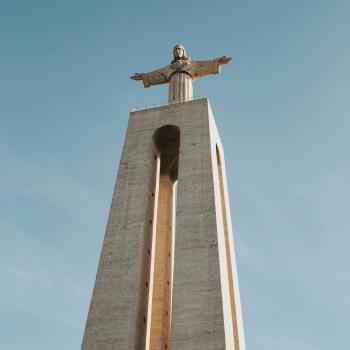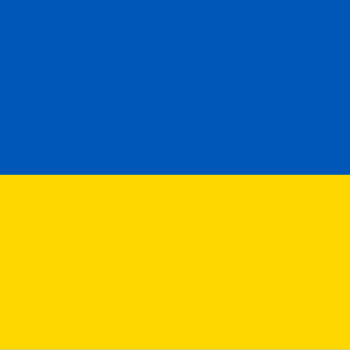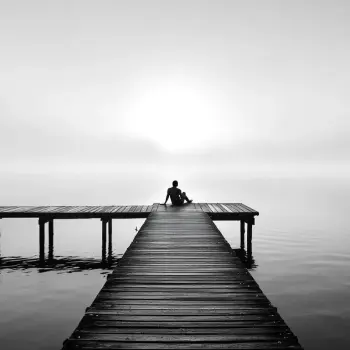Why the Dioskouroi? Who are They?
Good questions. The answer to the first part is, I don't know. I'm not a sailor. I don't ride horses. My sister does, but I'm allergic to them. I'm not a young man anymore, and I'm not a soldier or warrior. Earlier this year I began practicing yoga, and recently took a class on Ayurveda. The Asvins, which are the Vedic cognates of the Dioskouroi, are part of the lineage that brought the knowledge of Ayurveda to humanity. Since then I've gotten some new thoughts about why I'm called to these Gods. Still, the answers aren't that clear or obvious. So why do I follow and honor these Gods so much?
Part of that might come in answering the second part. Ultimately, the Dioskouroi are saviors. When in distress, They come to your aid. They will sup with you. Stories of theoxenia meals where They are invited, showing how close they are to mortals, demonstrates a closeness to humans not always found in other Gods. They are on our side, helping us in subtle ways that we might not even recognize all of the time.
Strangely, this is something I see in Their actions all of the time: Subtlety. A fellow Hellenismos practitioner once told me that the Dioskouroi "weren't superstars" in the ancient world. However, when I began doing research for this devotional I was struck at how long lasting Their influence has been over millennia. If the Dioskouroi are the Greek manifestation of a set of Indo-European Divine Twins (and I tend to think that They are), then we are looking at Gods whose existence stretches back some 5,000 years at least. Even if you place Their beginning in Sparta, the influence over the last 3,000 years or so is still enormous. To go from being only in Laconia to being throughout Greece, then the Italic peninsula and Egypt, and thence to other distant lands, is astounding in and of itself.
But then you notice that Their influence isn't just great in matters of space or the places where They went, but also in time. There are two sets of large statues in Rome today of the Dioskouroi that have influenced modern artists; even Salvador Dali painted a portrait of Leda and the Swan and often referred to both himself and those around him as being the Dioskouroi. The name is now used for corporations and even computer projects in Europe. Medieval French kings equated themselves with the Dioskouroi. An island off of Yemen is named after Them, as is a whole genus of plants. And anyone who follows western astrology knows of the Gemini, the Twins. Millions of people are, in essence, born under the sign of the Dioskouroi. Did you know that the Gemini sign, of all the twelve western zodiac signs, is the only one sign depicting any of the gods, and only one of two depicted in any way by human form? Just think, you can look up on a clear night and see the Gemini in the sky. It's very comforting.
And subtle. It's so subtle. But when you stop and look around, and really look, the Dioskouroi and Their influences are all around us.
Do you see Them as essentially the same as Castor and Pollux, or, in your devotional experience, are these different sets of Deities?
I see Them as the same, and I think the Romans felt that They were the same. Even Their influence in Rome is more than it might seem at first. Did you know, for example, that there's a connection between the Dioskouroi and Pontius Pilate? (Pilate was of the Equestrian rank in Rome, which means that the Dioskouroi were his patron deities. That They also might have been connected to the Praetorian Guard is of interest.) The first time I saw that I was surprised, but again . . . They come up in places and ways that you don't expect.
A more interesting question is whether or not They are the same as the Vedic Ashwins/Asvins, or the Baltic Divine Twins (the Dieva deli or the Asvieniai). I go back and forth on that, and this will be discussed in the devotional. I think that a good friend of mine explained it best when she described a dream to me. In her dream there was a table where the Gods were dining, and it was a mixture of gods from the various Indo-European pantheons. In her dream, she could see threads connecting some of these gods together. They were the same, yet different. Not descended from one another, not clones, not brothers, not the same, and yet still the same. This is how I view the Dioskouroi and their Indo-European Divine Twin cognates. I chalk this up to being one of the Mysteries of the Gods and don't worry too much about it. For me They are closely related, and that's good enough.
Can you elaborate a bit on the ancient Greek connection between the Dioskouroi and the Kemetic God Sobek? I suspect to some readers that might seem like something of a non sequitur!
This was one of the more fascinating connections. First, both Sobek and the Dioskouroi are born from eggs. Second, there were at times two Sobeks at Fayum. Three, both Sobek and the Dioskouroi are connected to water. Life and death are part of the mythos of both as well. Finally, I think there's the general importance of both Sobek and the Dioskouroi. It's important to remember that Dorian Greeks, those from Laconia (where Sparta is), founded one of the first Greek trading cities in Egypt when they established Naukratis. The principle temples in the city, of which we know, were to the Dioskouroi, Apollo, Hera, and Aphrodite. Clearly these were not unimportant gods!





